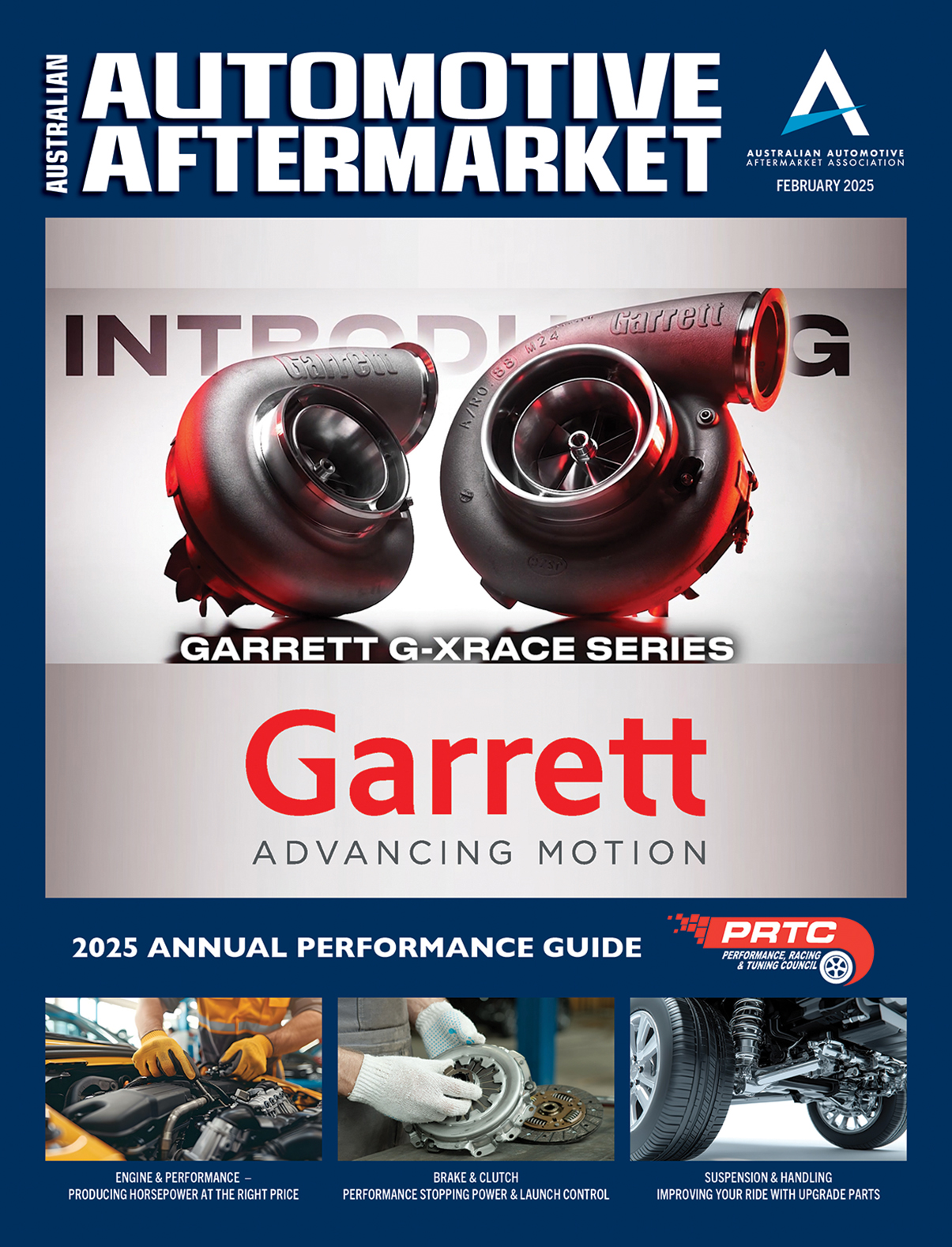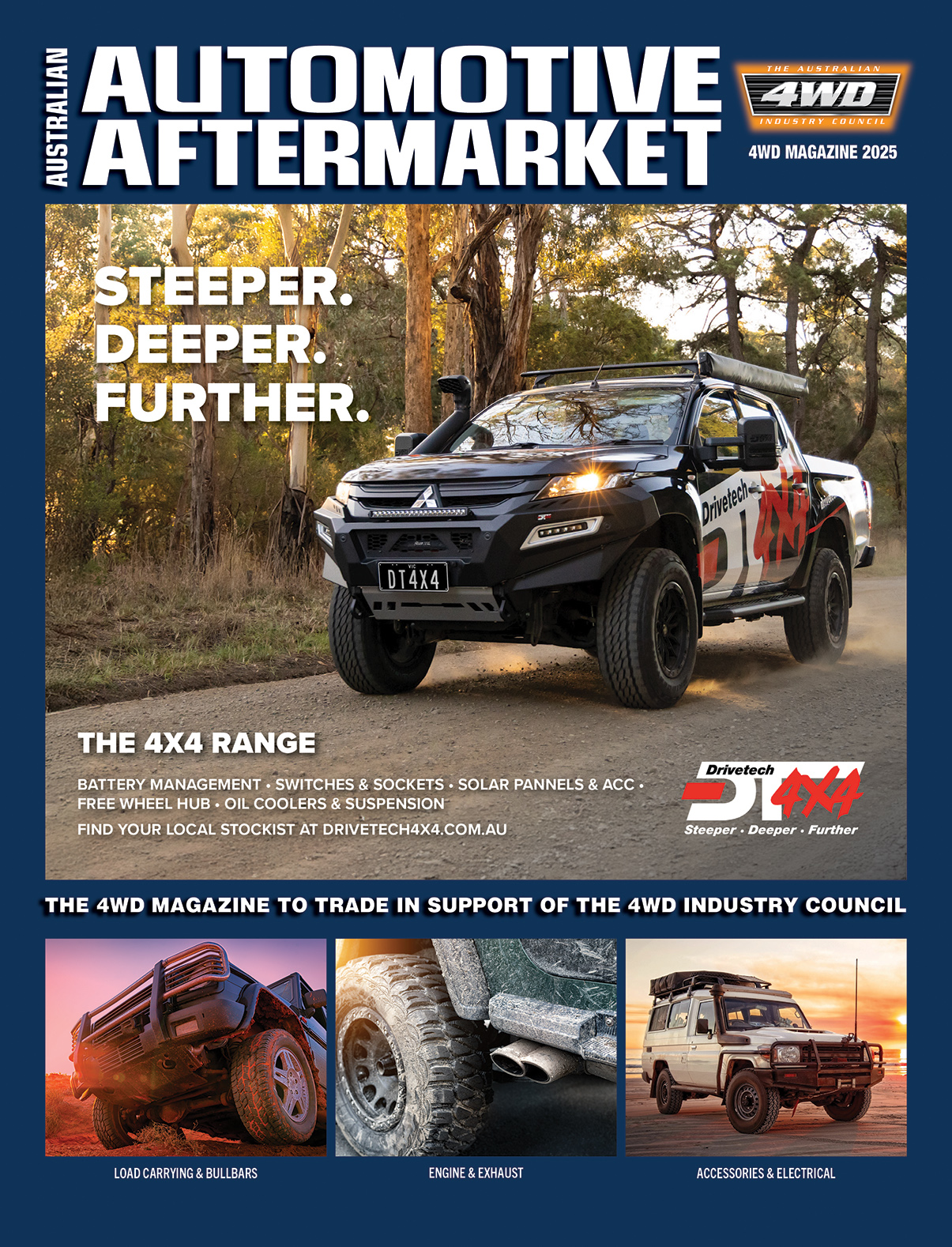WORKSHOPS MUST DELIVER FACTS, NOT MYTHS, IN THE ELECTRIC ERA
The automotive world is awash with stories, both positive and negative, of electric and hybrid vehicles, and so emerging technology myths can often outrun common sense
Myths about electric vehicles particularly are mainly related to range anxiety/charging times, service requirements, and battery life and cost.
Regardless, governments around the world have begun mandating the inevitable phase-out of internal combustion engines, so aftermarket workshops in Australia will need to find ways to capitalise on the growing percentage of its customer base which are switching to EV and Hybrid cars.
Workshops can capitalise on this new phase of servicing, diagnosing and repairing such vehicles, and the inevitable questions from their existing and new customers about the ‘differences’ of owning an EV or Hybrid vehicle.
From TaT’s point of view, the debates on the pros and cons of electric vehicles present a strong opportunity for workshops to take the lead, to save their existing customer base who will move to the new EV and Hybrid platform, and to grow a new customer base with the EV and Hybrid segment, all by becoming a Certified EV and Hybrid vehicle workshop whose word can be trusted.

BUSTING THE MYTHS
Electric vehicles don’t need to be serviced because there’s nothing to check: wrong
Certainly, EVs need less preventative maintenance, but like all machinery with moving parts and extensive electronic componentry, they still need regular servicing and inspections by specially trained technicians.
Customers considering a new or second-hand EV or Hybrid vehicle will want to be assured that your knowledge and service processes will keep them safe in a vehicle containing high voltage batteries.
By displaying your independent credibility, you will retain and attract customers.

Everything can be diagnosed quickly, electronically: wrong
Customers may interpret this perception as meaning lower maintenance costs.
The reality is EV and Hybrid technologies are going to continue to rapidly evolve.
Rectification of issues will be achieved quicker and more accurately, by an appropriately trained and equipped certified technician with the backing of the EV and Hybrid Network.
This also means that fault diagnosis becomes a new opportunity for a separate fee-based service.

Electric and Hybrid vehicle batteries will be too expensive to replace: wrong
The aftermarket already has access to very reasonably priced complete replacement high voltage battery packs for a range of vehicles.
Also, in many cases, high voltage batteries can be repaired by replacing individual battery cells which can be matched to existing cells.
Hybrid owners have already discovered that battery packs can be repaired or replaced, resulting in a healthy market for reputable and certified workshops capable of doing this work.
In the inevitability of an electric or hybrid future, and against a background of myth and amateur opinion, consumers are going to need reassurance from their trusted service centre.
TaT is encouraging Certified EV and Hybrid vehicle workshops to be an independent and trustworthy source of information and services, in this unprecedented era of technology transition.
For more from TaT, visit www.tat.net.au




